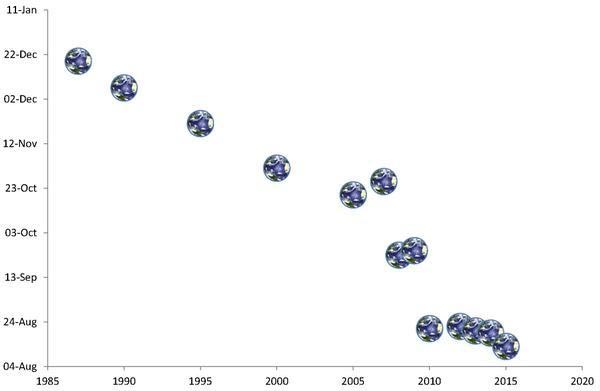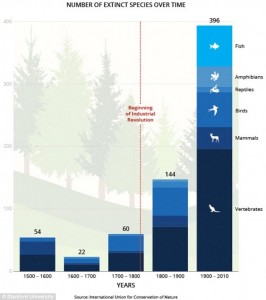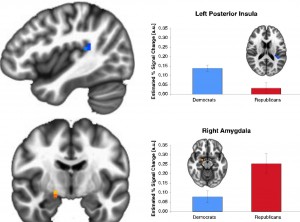Penumbra is the word of the day. The mariner doubts it will be replaced by “get” or “got.” The general meaning is to stand in the shadow of something. More than just a shadow, it alludes to a shadow that doesn’t have an edge like our shadow or the shadow of a building. An example may be an eclipse or, on a sunny day, standing beneath an altocumulus cloud – high enough that its shadow line is diffused by the time it reaches the ground.
The mariner will confess that penumbra is not one of his usual words. He doubts there are very few except scientists who need a word like penumbra. It is a word the mariner remembers from something he read long ago; it comes to mind whenever the word “eclipse” is mentioned.
It is the appropriate word for our thoughts about the Advocacy at Home (AH) series of posts. AH has advocated a form of behavior; it has set standards for that behavior. AH is, in fact, a law book. It is a law book without an end.
There is no line between advocacy and no advocacy. We may have a lifestyle that involves low grade advocacy, that is, taking note of an issue and having an opinion, and then have something else catch our attention. We may have strong feelings about a subject, idea, or activity and may physically react in some way to counter the situation. But there always is advocacy; else, prejudice and accomplishment would not exist.
The mariner looks back at the brutality and stupidity of Homo sapiens referenced in AH. Humans are no different than any other animal except humans are capable of malice aforethought, destroying just to destroy, or destroying because it is easier than assuring optimum or fair conclusions. Defenders of this characteristic claim it is done in the name of progress – akin to Darwin’s ‘survival of the fittest.’ Progress for whom? Perhaps not progress for humans. Malice aforethought is part genetic and part sociopathic.
Referenced in the post, Po Pouree, from letters to the editor in Scientific American, Robert E Marx responded to an article about why neandertals became extinct (apologies for repetition of earlier posts):
“Kate Wong’s suppositions about what brought about neandertals’ extinction in “Neandertal Minds” are contrary to the known history of anatomically modern Homo sapiens (that is, us). Her assertions that neandertals were just out competed and that the 1.5 to 2.1 percent neandertal DNA within people outside of Africa is the result of occasional “dalliances” would be historically unlikely.
The most likely scenario would involve waves of immigrating anatomically modern humans taking over land and causing death by plunder and disease, as Europeans discovering the New World did. And it would be naive to think that our neandertal DNA was the result of consensual dalliances when rape went hand in hand with the pillage of every other civilization.”

From Walt Kelly’s comic strip, Pogo, April 22, 1970.
Putting aside our treatment of other species, consider how we treat human beings – our own species.
John Emerich Edward Dalberg Acton, first Baron Acton (1834-1902). The historian and moralist, otherwise known simply as Lord Acton, expressed this opinion in a letter to Bishop Mandell Creighton in 1887: “Power tends to corrupt, and absolute power corrupts absolutely. Great men are almost always bad men.”
The letter was written at the end of the Victorian era when the Edwardian era was emerging and which peaked during the years of 1901 – 1910, then slowly disappearing as the First World War drew near. That was a time very similar to the United States today: a very few were incredibly wealthy and the rest of Great Britain was in a crisis.
Is it true that if the reader or the mariner were given absolute power, we would be “bad men?” At the least, would we be immoral? Would our arrogance and indifference be obvious? Vladimir Putin has absolute power. Would he be less immoral if he had no power? Assume we had absolute power over one person. Would we abuse that person? Would we, in a twisted desire for absolute power be like Phillip Garrido, who kidnapped and kept Jaycee Dugard in a backyard shed for 18 years and had two children by her? Famous studies of power over another person show that, indeed, immoral if not violent behavior will occur.
What is it about power that is so destructive?
The oldest reference to rule by law was written by the reformist King Urukagina of city-state Lagash in Mesopotamia during the 24th century BC. It consisted of a list of rules that were generally beneficial to the very poor and the labor class. The rich were curtailed in their abuses by what the mariner calls “Clintonesque restraints,” that is, in exchange for paying silver to their laborers, one could have 1,500 sheep instead of 500. Good people die young – King Urukagina was overthrown seven years later by his neighbor city-state Urek.
The reader would think, after 4,600 years, humans would have mastered the three elements of ruling by law. The three elements are power, intervention of power, and individuals. If intervention or individuals weren’t present, who would need rule of law? Perhaps the less powerful would lust after those who may be more powerful. Intervention would become battles between powerful people and individuals would become a commodity like chickens. Isn’t that called the Dark Ages (500 – 1100 AD)?
The reason for this run around Robin Hood’s barn is to highlight the similarities between AH and rule by law. We must be firm, committed and assertive in our AH laws. It is the only way to fix our dysfunctional nation.
Earlier it was mentioned that there were three elements to rule by law: power, intervention of power, and individuals. The dysfunction in the US is that it is the powerful that write the rules for intervention of power. Individuals are out of the loop. So AH is a beginning. The more individuals that create their AH rule books and enforce them, the sooner individuals may take their place in the triumvirate known as rule of law.
Ancient Mariner






